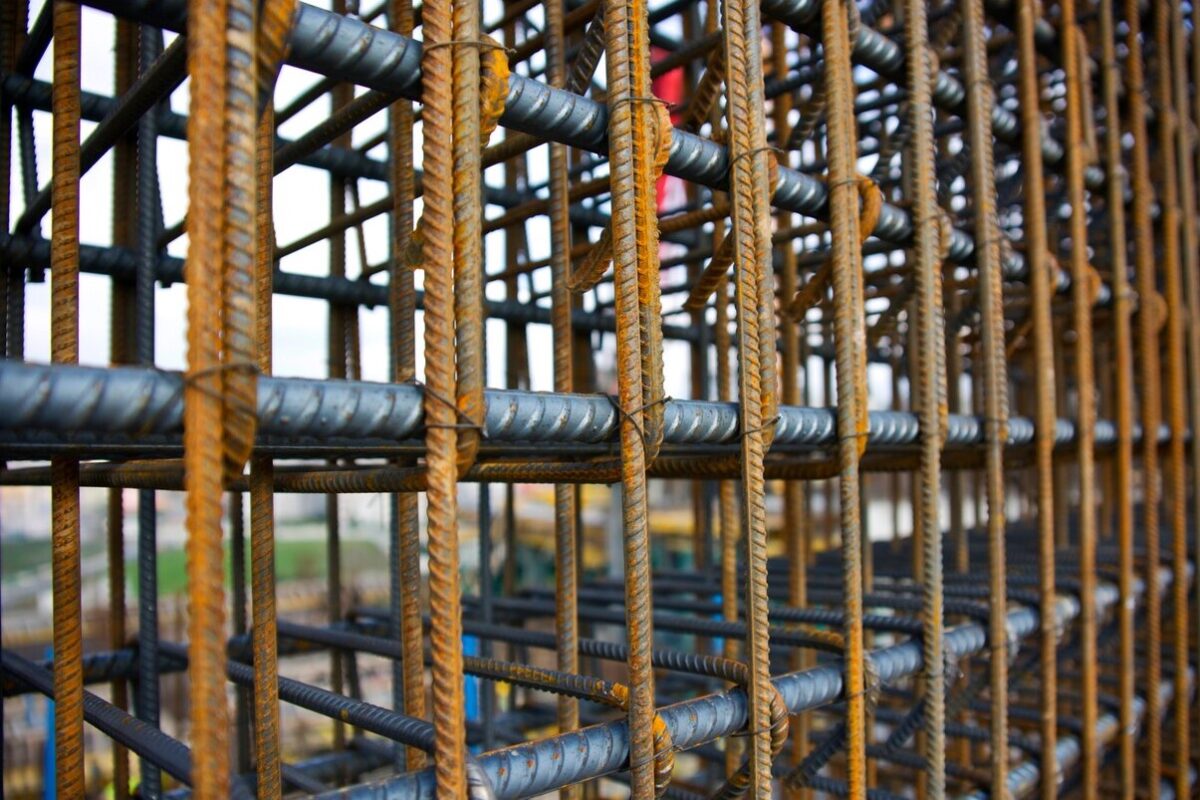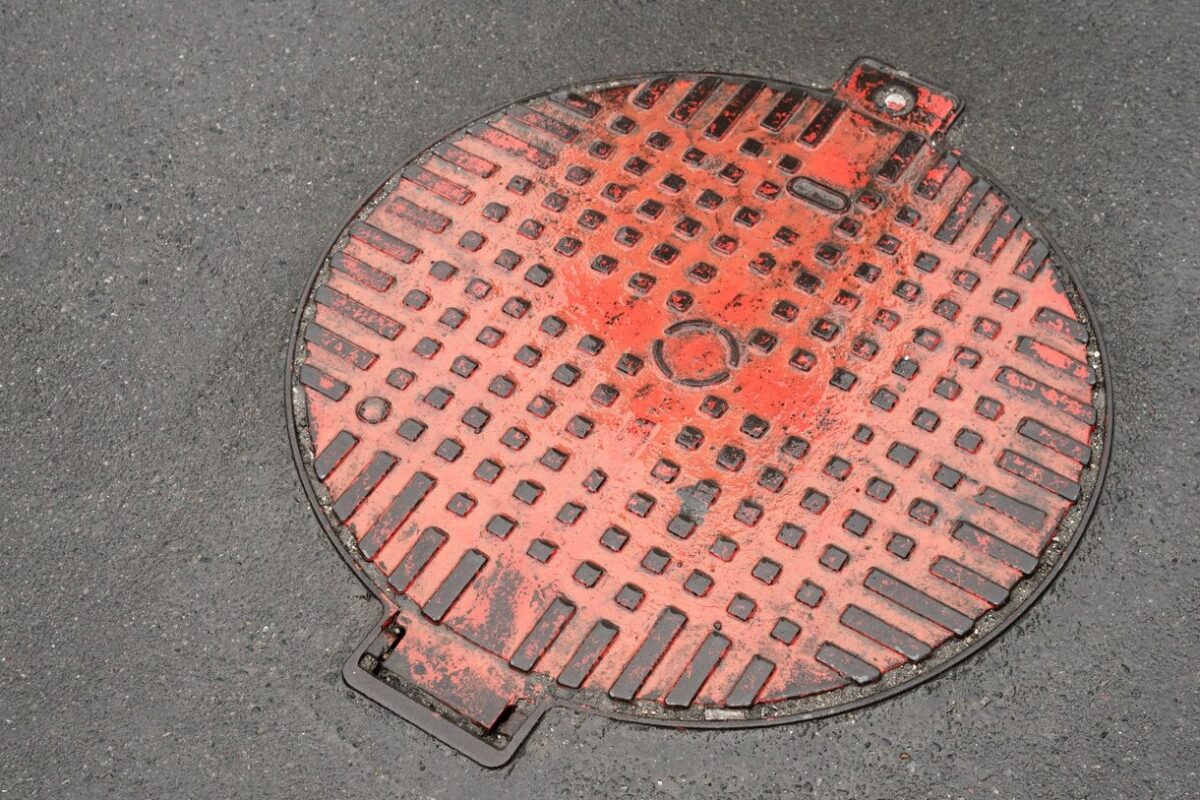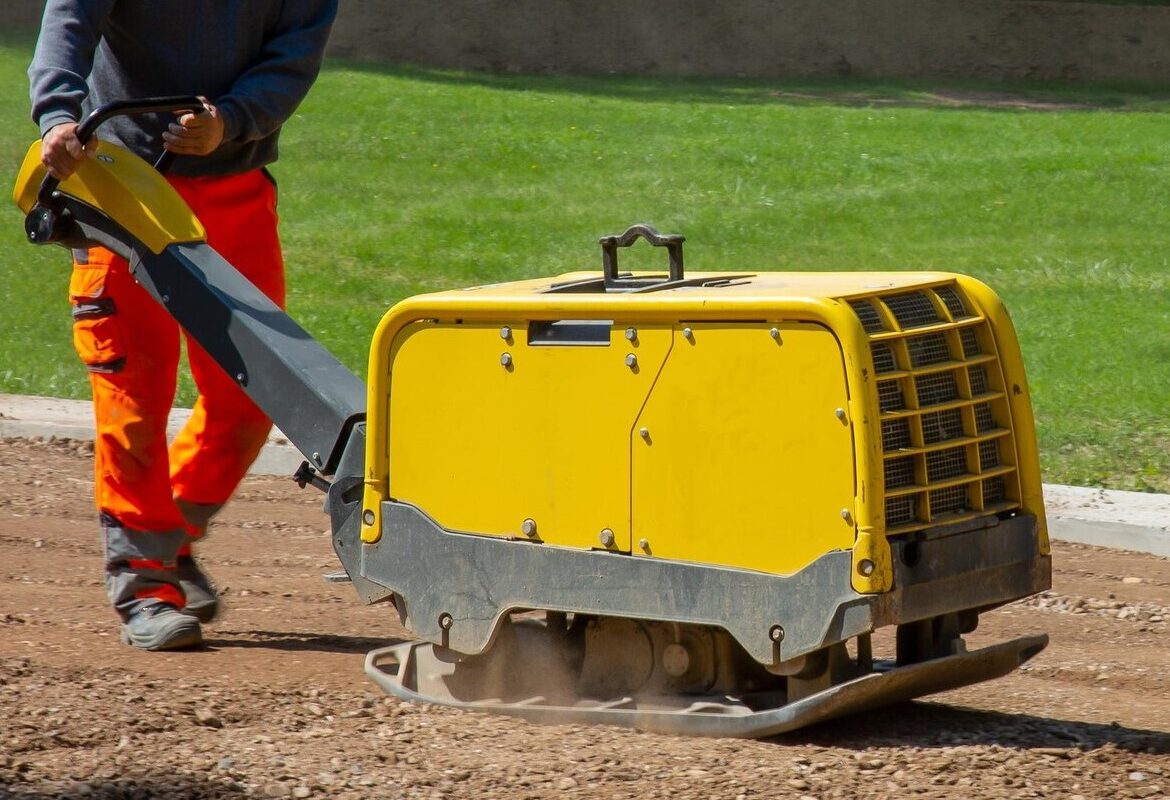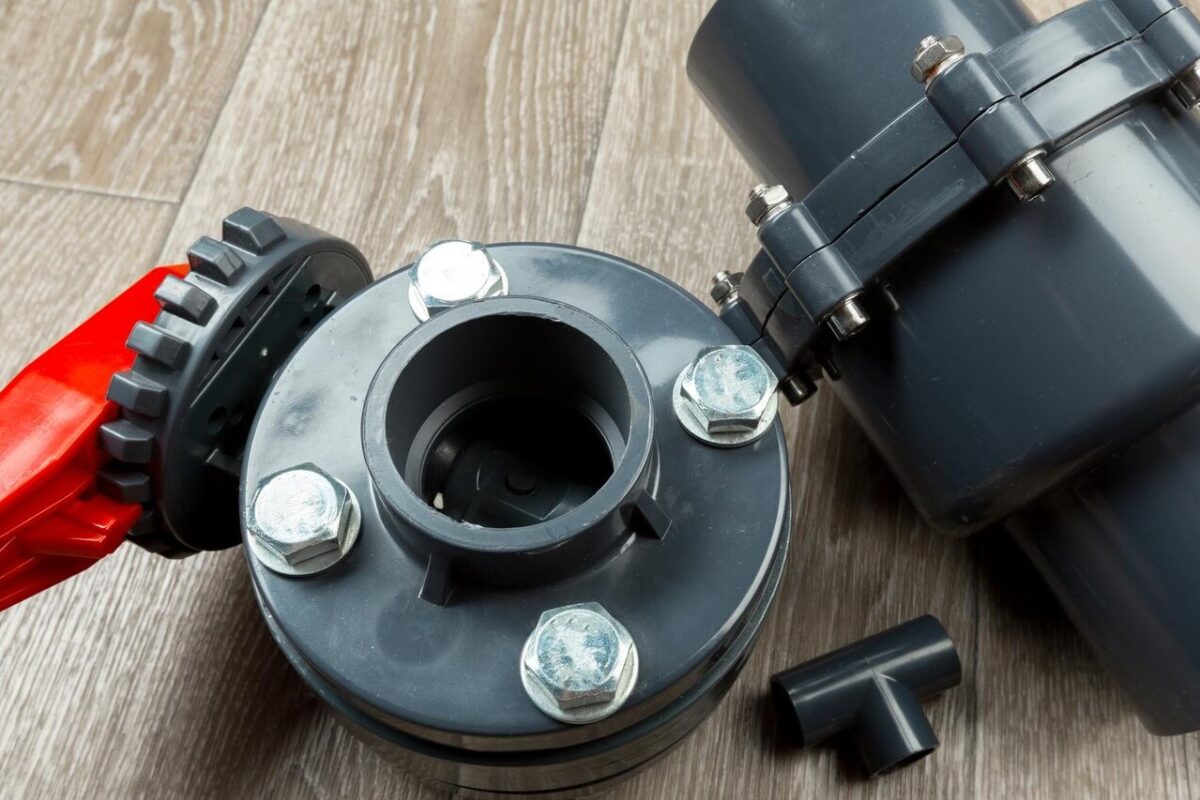When it comes to building a sturdy fence, selecting the right tool for digging post holes is crucial.
With a myriad of options available, finding the best tool for the job can significantly impact the efficiency and quality of your fence installation project.
In this guide, we’ll explore the various tools commonly used for digging fence post holes, highlighting their features, benefits, and specific applications.
Whether you’re a seasoned DIY enthusiast or a first-time homeowner, understanding the nuances of each tool will empower you to make an informed decision, ensuring a hassle-free and successful fence installation experience.

Overview of Common Tools for Digging Fence Post Holes:
- Manual Post Hole Diggers:
- Features: Manual post hole diggers typically consist of two long handles connected to sharp blades, designed to penetrate the ground and remove soil with minimal effort.
- Benefits: These tools are lightweight, easy to maneuver, and ideal for small-scale residential projects or areas with softer soil compositions.
- Applications: Manual post hole diggers are suitable for homeowners tackling simple fencing tasks, such as installing garden fences or smaller boundary enclosures.
- Gas-Powered Augers:
- Features: Gas-powered augers are mechanized tools equipped with powerful engines and drilling attachments, capable of drilling deep and wide holes in various soil types.
- Benefits: These tools offer increased power and efficiency, enabling users to handle larger projects and tougher soil conditions with relative ease.
- Applications: Gas-powered augers are commonly used for medium to large-scale fencing projects, agricultural applications, and commercial or industrial installations requiring precision and speed.
- Hydraulic Post Hole Diggers:
- Features: Hydraulic post hole diggers are heavy-duty machines powered by hydraulic systems, designed to tackle the most challenging terrain and excavation tasks.
- Benefits: These tools provide maximum power and durability, allowing for deep drilling in compacted or rocky soil, making them a preferred choice for professional contractors and landscapers.
- Applications: Hydraulic post hole diggers are indispensable for large-scale construction projects, extensive agricultural fencing, and tasks that demand superior digging capabilities and versatility.
Factors to Consider When Choosing the Best Tool for Digging Fence Post Holes:
- Project Scale and Scope:
- Evaluate the size and complexity of your fencing project to determine the appropriate tool that can handle the workload efficiently. For smaller residential tasks, a manual post hole digger might suffice, whereas larger commercial or agricultural projects may require the power and versatility of gas-powered or hydraulic diggers.
- Soil Composition and Condition:
- Take into account the nature of the soil in your area, considering factors such as density, moisture content, and potential obstacles such as rocks or roots. Select a tool that is specifically suited to the soil type to ensure smooth and effective digging without causing damage to the equipment or the surrounding landscape.
- Budget and Affordability:
- Set a realistic budget for your project and research the cost implications of renting or purchasing different types of post hole diggers. Consider the long-term benefits and durability of the tool, balancing the initial investment with the potential savings in time and labor during the project’s duration.
Tips for Efficiently Using the Best Tool for Digging Fence Post Holes:
- Familiarize Yourself with the Operating Instructions:
- Before using any post hole digging tool, read the manufacturer’s operating instructions thoroughly to understand the specific functionalities, safety precautions, and maintenance requirements.
- Mark the Digging Locations Accurately:
- Use stakes, strings, or markers to identify the precise locations where you intend to dig the post holes.
Ensuring proper alignment and spacing is essential for maintaining the structural integrity and aesthetic appeal of the fence.
- Use stakes, strings, or markers to identify the precise locations where you intend to dig the post holes.
- Check for Underground Utility Lines:
- Contact local utility companies to mark the presence of any underground lines or cables before commencing any digging activities.
Accidental damage to utility lines can lead to hazardous situations and costly repairs, so exercising caution is paramount.
- Contact local utility companies to mark the presence of any underground lines or cables before commencing any digging activities.
- Maintain a Consistent Digging Depth and Diameter:
- Control the depth and diameter of each hole to ensure uniformity and stability across all the posts.
Follow the recommended specifications for your specific fence type, considering factors such as post height and ground stability for optimal results.
- Control the depth and diameter of each hole to ensure uniformity and stability across all the posts.
- Implement Safety Precautions:
- Wear appropriate safety gear, including gloves, goggles, and sturdy footwear, to protect yourself from potential injuries and hazards associated with the digging process.
Prioritize safety at all times to minimize the risk of accidents and ensure a smooth and secure working environment.
- Wear appropriate safety gear, including gloves, goggles, and sturdy footwear, to protect yourself from potential injuries and hazards associated with the digging process.
Summary:
Selecting the best tool for digging fence post holes is essential for achieving a successful and efficient fence installation.
By considering factors such as project scale, soil composition, and budget constraints, you can make an informed decision that aligns with your specific requirements and preferences.
Whether you opt for a manual post hole digger for smaller tasks or invest in the power and capabilities of gas-powered or hydraulic augers for more extensive projects, prioritizing safety, proper usage, and maintenance will contribute to a smooth and seamless fencing endeavor.
With the insights provided in this guide, you are now equipped with the knowledge and confidence to choose the best tool for digging fence post holes, ensuring a durable and visually appealing fence that enhances the overall aesthetics and functionality of your property.
do you have a question? Do not hesitate and contact a specialist directly to help you (832) 720-0670









